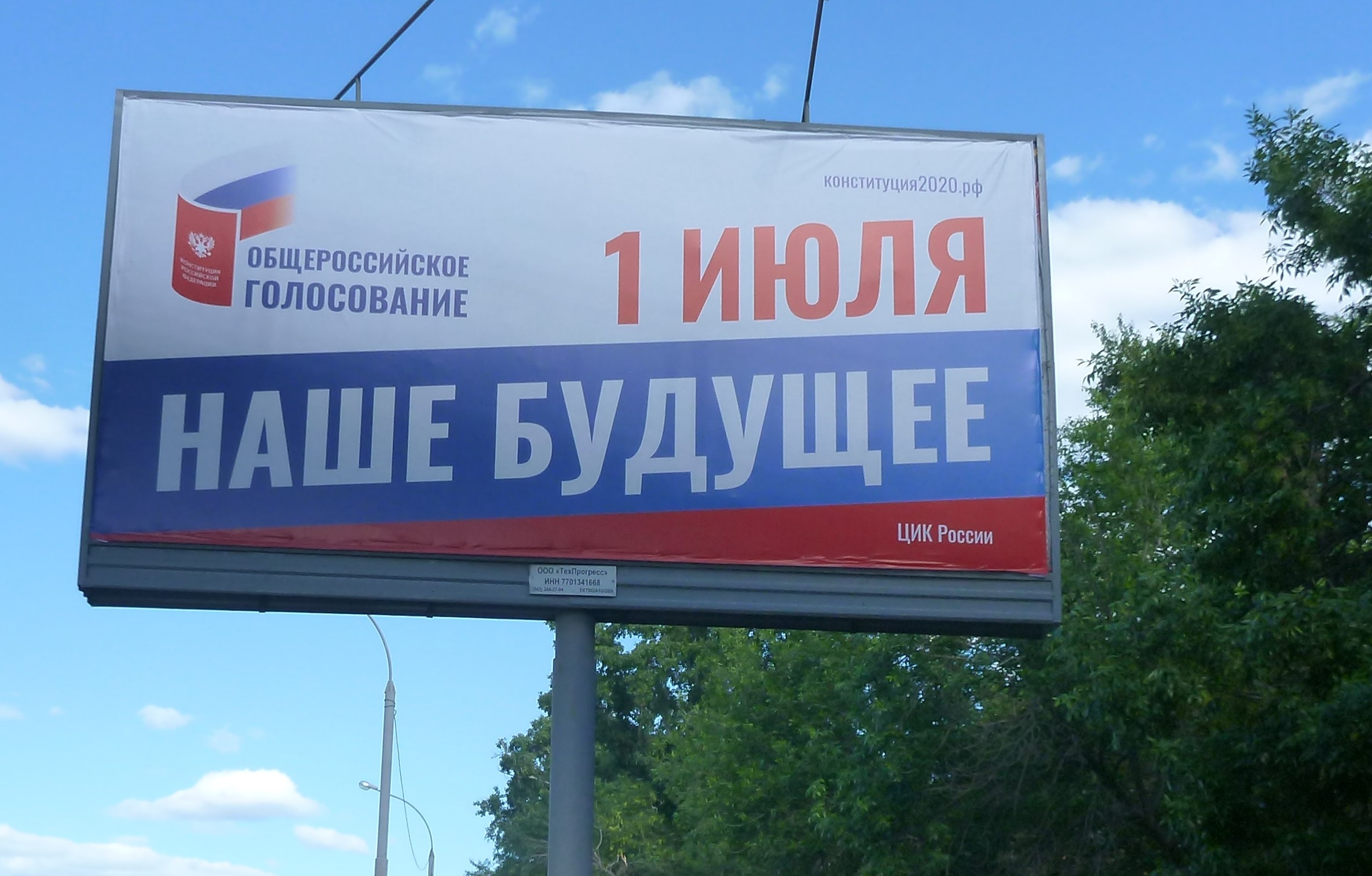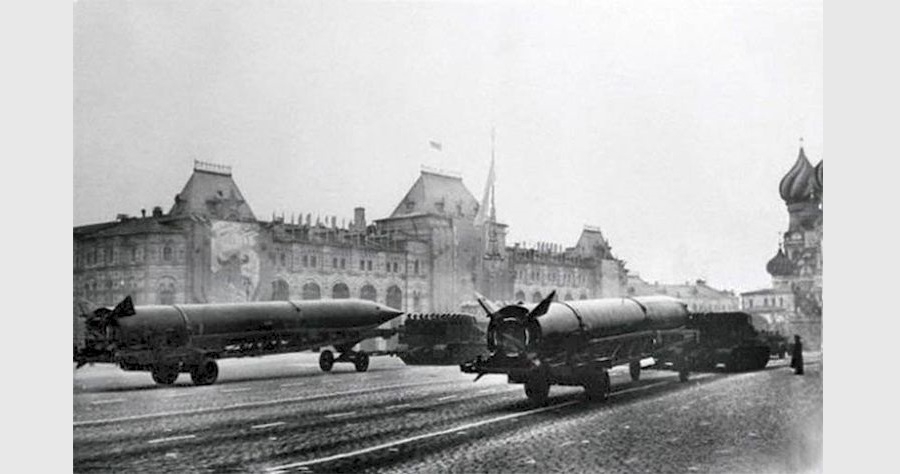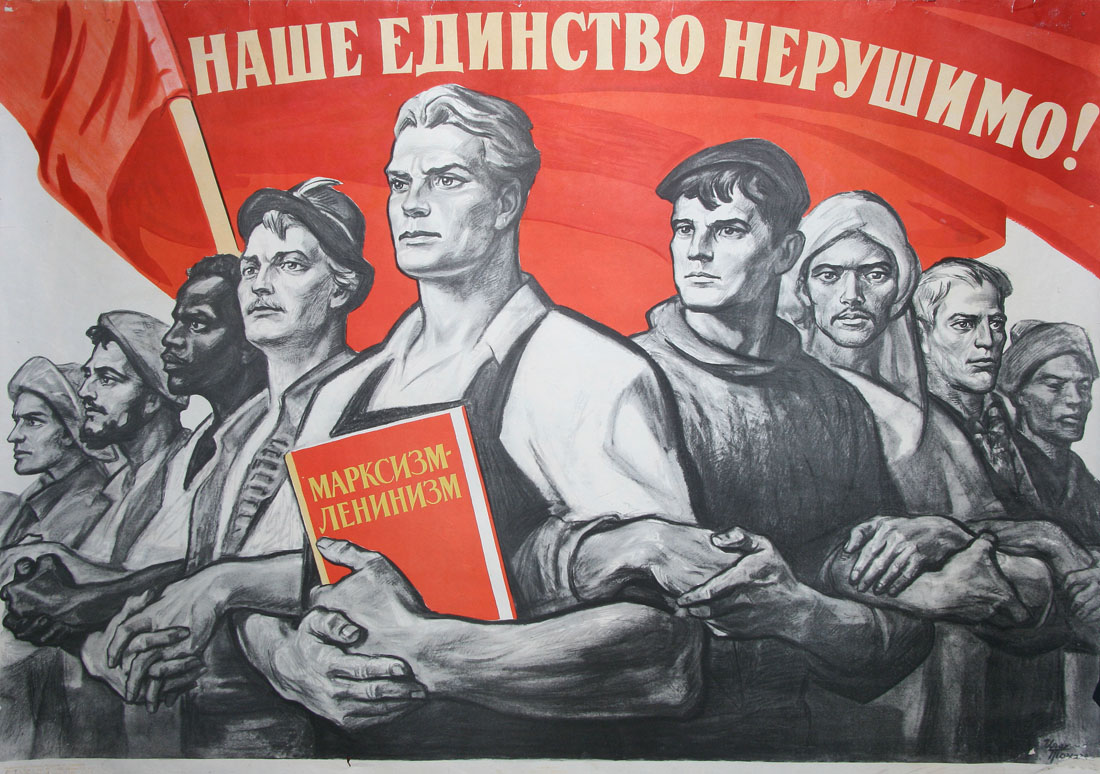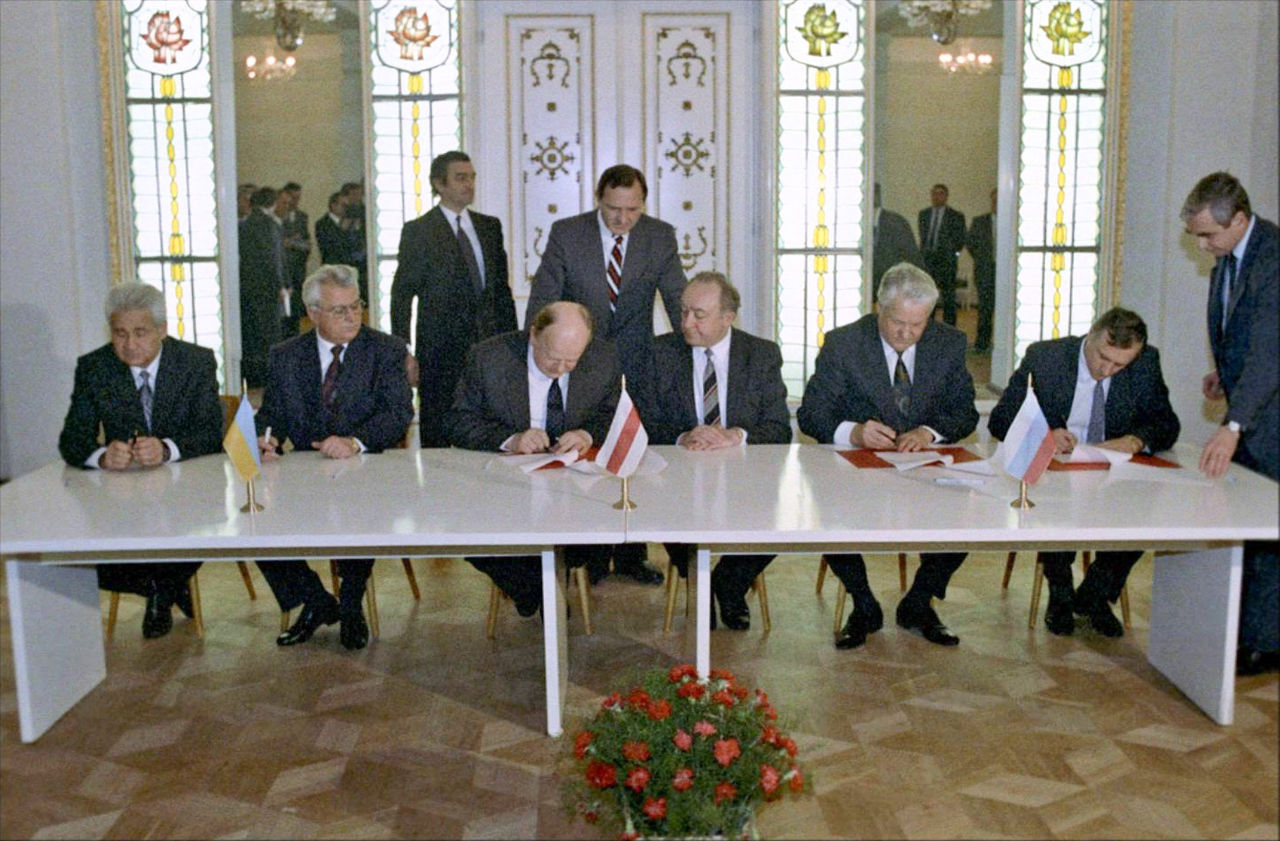Facing a situation in which there is growing popular discontent and increasing dysfunction in institutions, Vladimir Putin has tried to save the situation by pushing through amendments to the constitution. But just as constitutional arrangements didn’t save the USSR, they won’t, at least by themselves, save Russia, Grigory Vanin says.
The problem is deeper, the Nakanune commentator says; and it is shared by both those who support Putin and those who oppose him. Both believe the system can work only if the man at the top has so much power that he can override any rules and regulations of those below him
Putin’s supporters believe he is such a man; his opponents are convinced that he is the wrong man and that if he is replaced by the right one, everything will work out. But that attitude, one with deep historical roots in Russia is why Viktor Chernomyrdin’s quip that “we wanted something better but it turned out like always.”
What Russia needs but does not now have is a widespread recognition that the country must develop institutions that function according to transparent rules regardless of who is in charge. Unless the country achieves that, Vanin continues, no amount of constitutional tinkering is going to change things for the better.
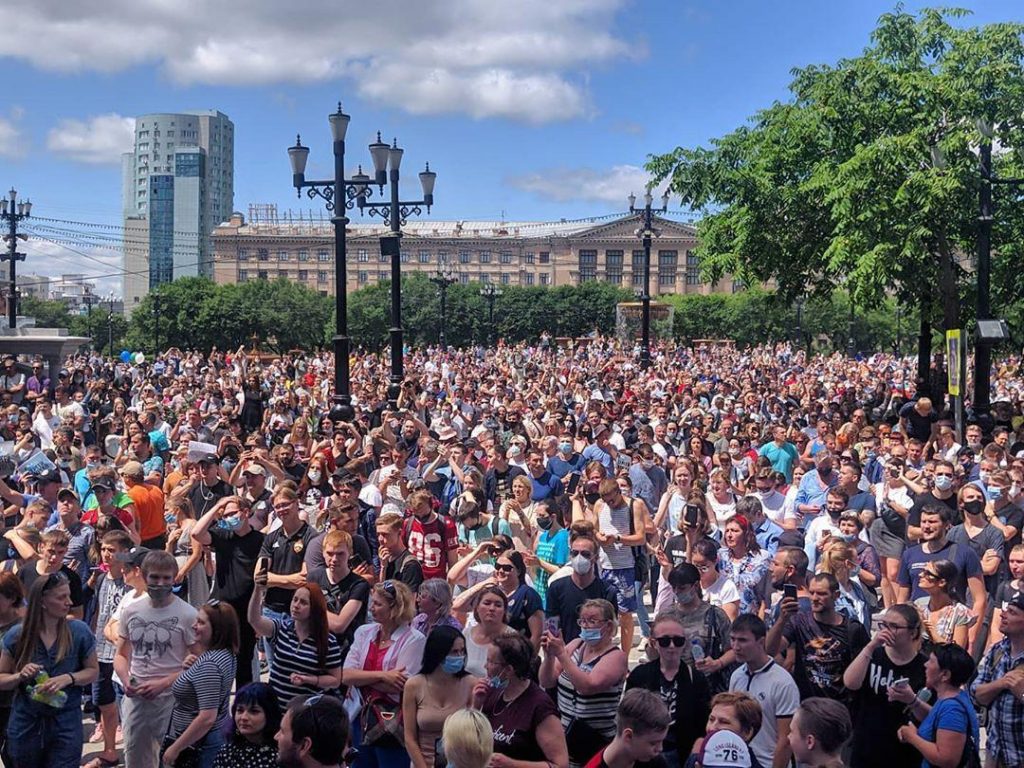
The fact that the country has long been an empire only exacerbates this problem. It imposes a burden on each leader often beyond his capacity to cope with adequately and prevents the development of skilled opponents who could do any better. Empires and emperors are “not eternal for objective reasons,” and mistakes by the center lead to catastrophe for all of Russia.
The post-Soviet Russian system, Vanin argues, has further made the situation worse by linking money and power at the top even as it has made the systemic parties “clones of the late CPSU in structure and methods.” But they are not the only actors who are simply replaying the past.
“The street opposition,” he says, “is repeating pictures from movies about revolution” and “the numerous parties not in the Duma are interest clubs” rather than real political parties. As a result, there is no one to challenge the leader until he and his system collapse in the face of anger generated by his failures and the population’s expectations that he alone can do everything.
That time may not be far off, Vanin suggests.
“According to sociologists, dissatisfaction in society is growing while social-political activity is degrading and emerging into spontaneous movements.”
That creates yet another revenant from the past, an uncontrolled rising that will seek to put its man in charge, an approach that will simply continue the vicious circle.
“No constitution saved the USSR and the RSFSR from the events and disintegrative processes of the 1990s,” he argues, because the heart of the matter is “not in written laws but in the objective laws of evolution and their reflection in public consciousness. The material world after all is primary.”
And that leads to “the greatest paradox of all,” Varin says, namely “the Soviet empire just like historical Russia destroyed itself. And this self-destruction alas is continuing ideologically in each of its remnants, including the Russian Federation itself.”
Read More:
- As Russian Far East protests enter fourth week, Khabarovsk residents now say ‘We are the power here!’
- As long as Russia remains an empire, Moscow will be repressive at home and aggressive abroad, Eidman says
- Pandemic adding to burdens sanctions have imposed on Moscow for seizing Crimea, Umland says
- Moscow’s efforts to Russianize non-Russians will lead to demise of Russian nation and Russian state, Gyylman says
- Chinese outlet: Russia falling apart and its neighbors must be ready to reclaim what is rightfully theirs
- ‘The West won’t allow the Russian Federation to disintegrate,’ Kashapov says
- Evil empire revives in Putin’s regime and FSB methods of “fighting terrorism”
- Muslims will trigger disintegration of new Russian empire, Ukrainian mufti says
- The Russian Federation will disintegrate but not ‘just like the Soviet Union did’
- Moscow paper puts up and takes down article saying disintegration of Russia is ‘inevitable’

